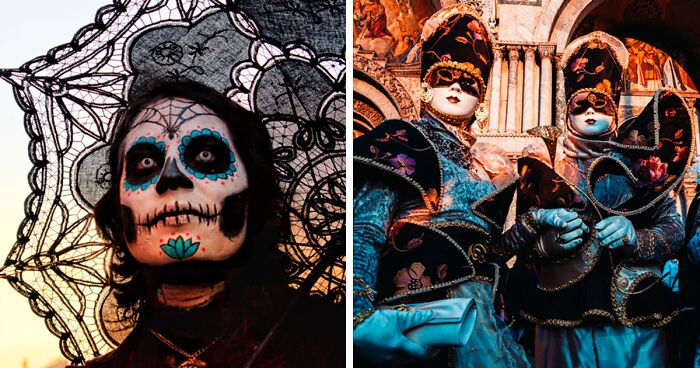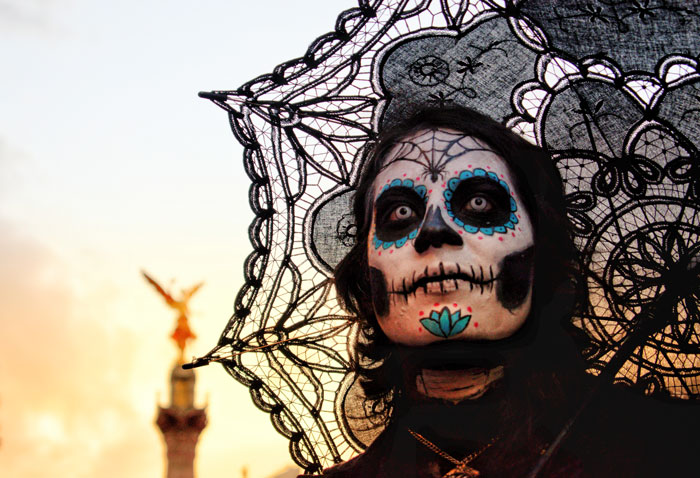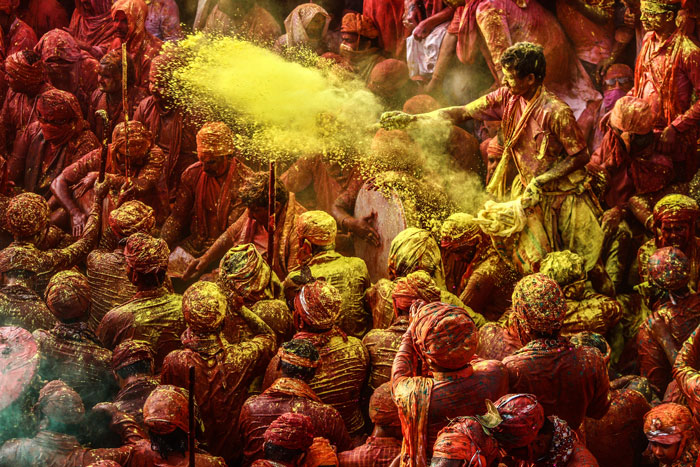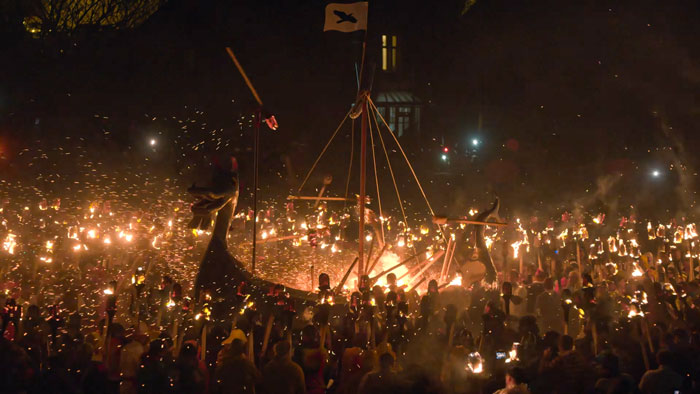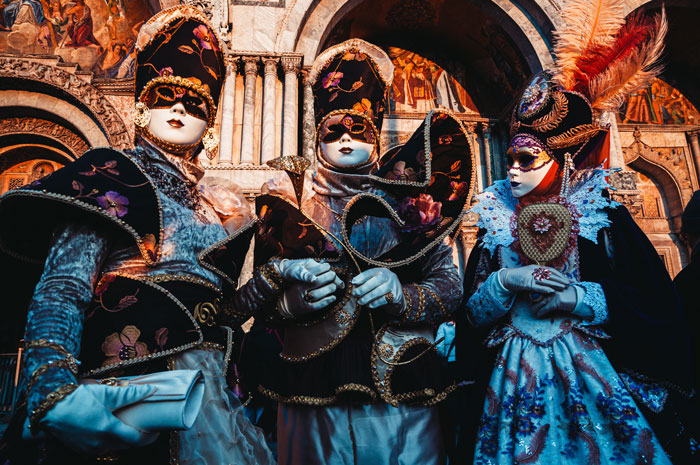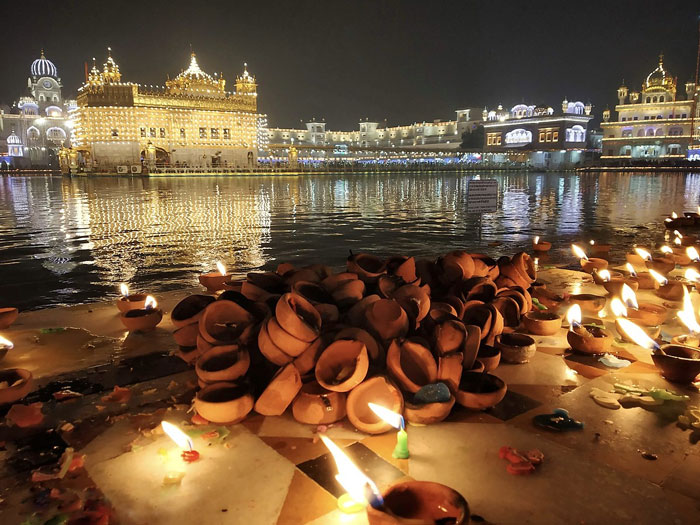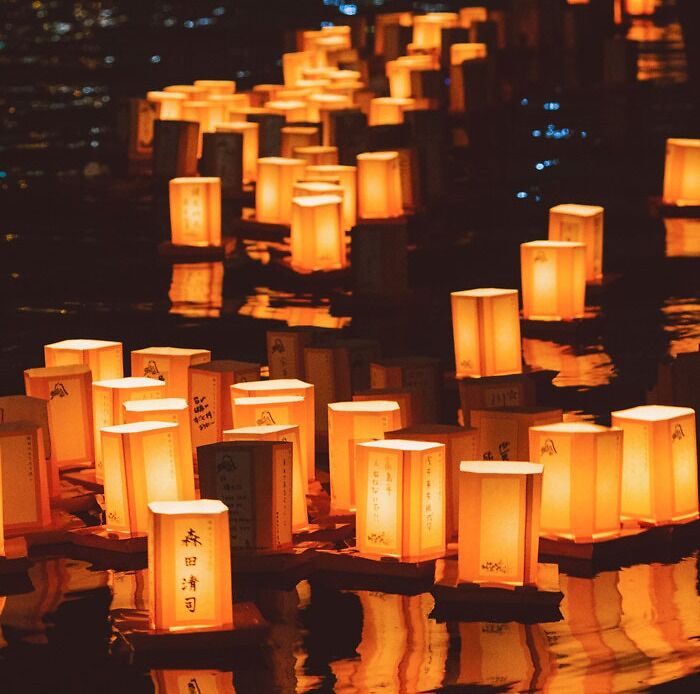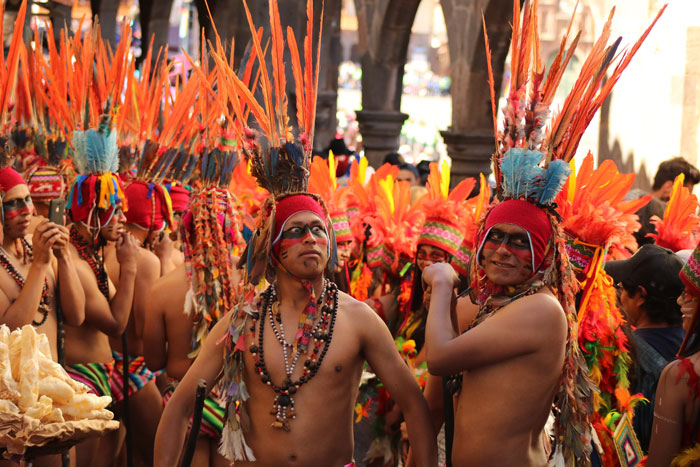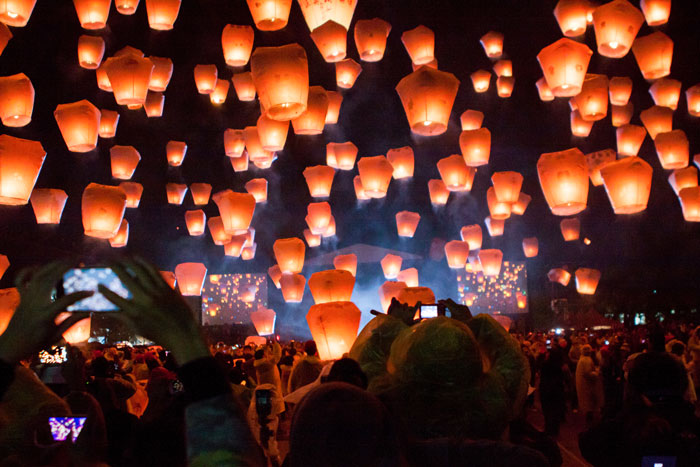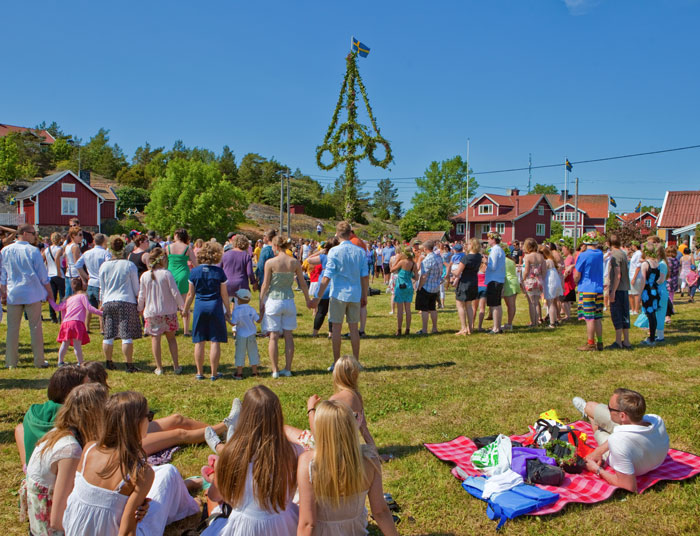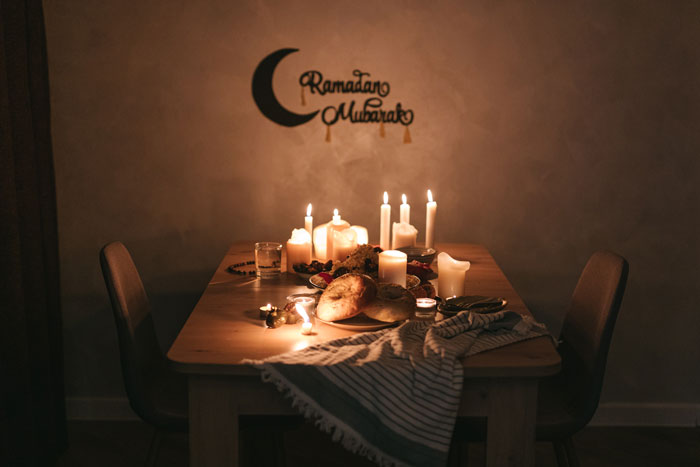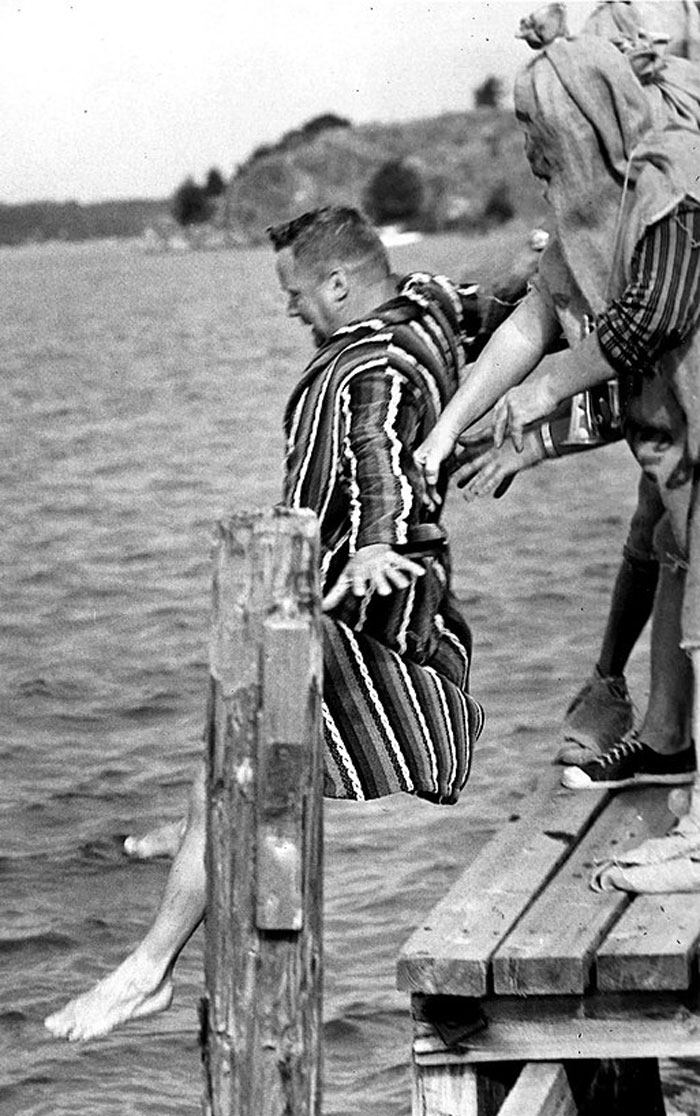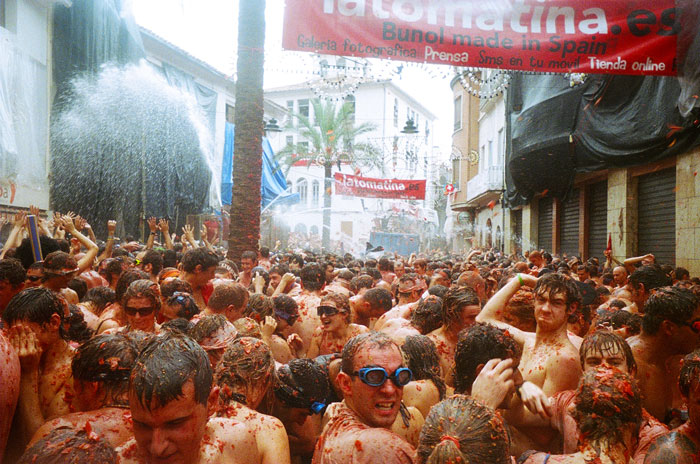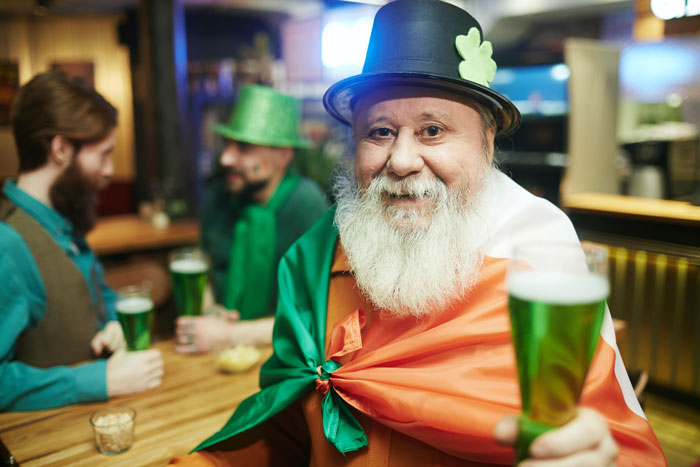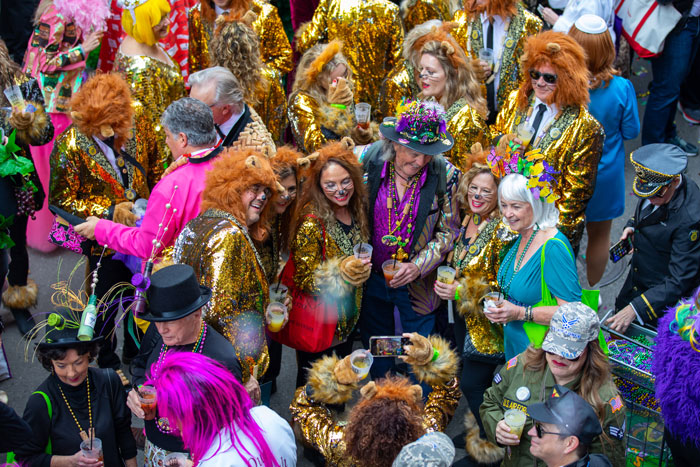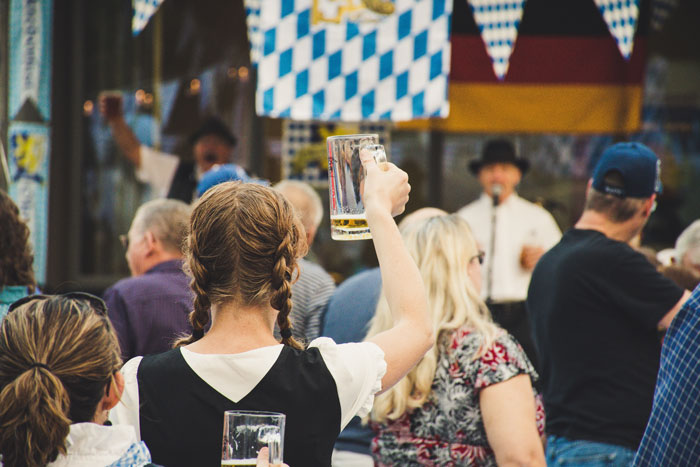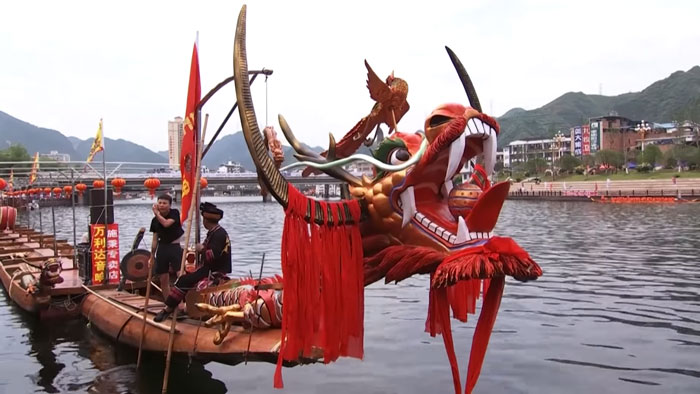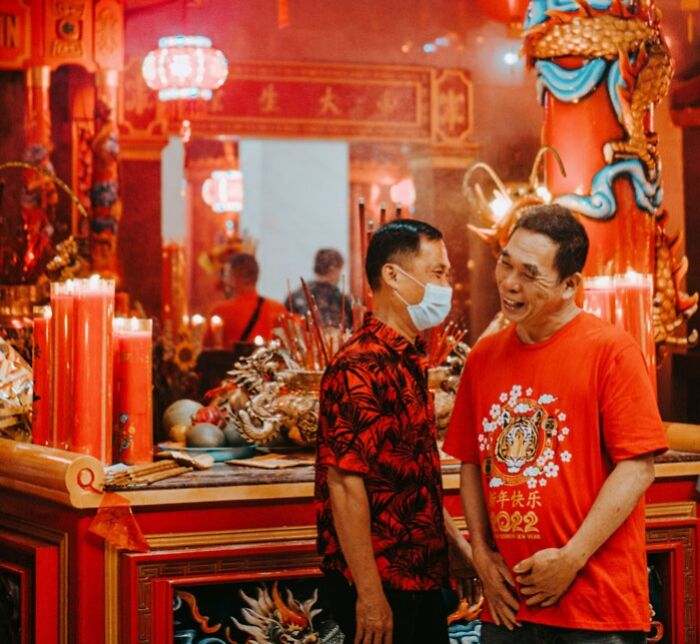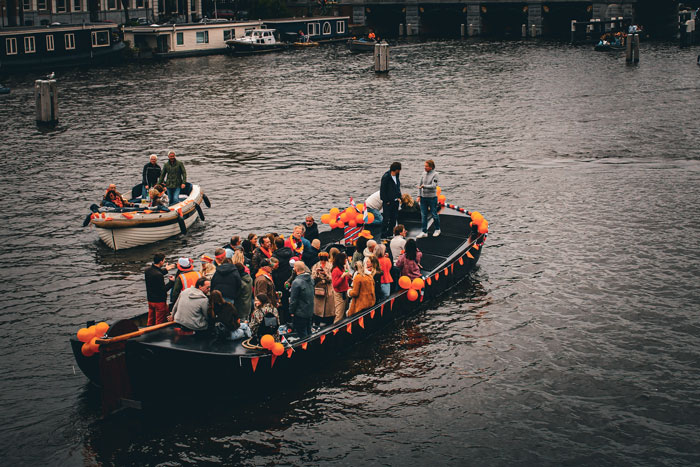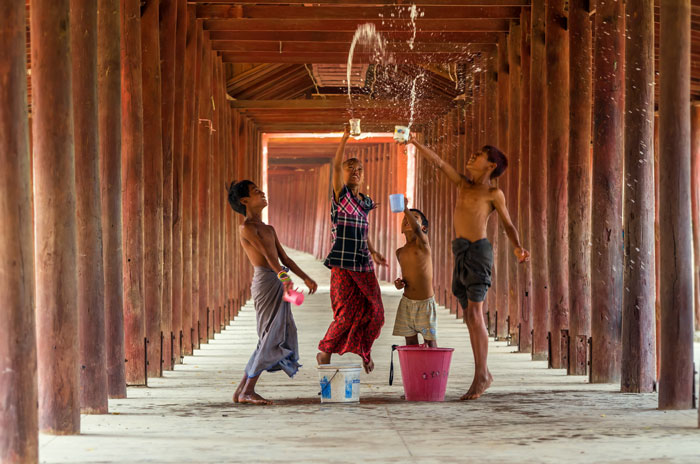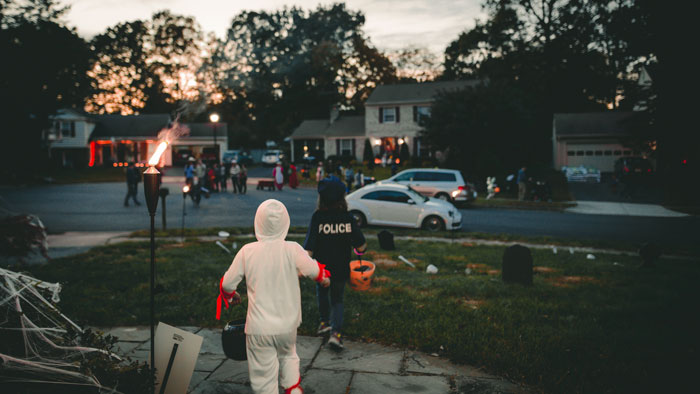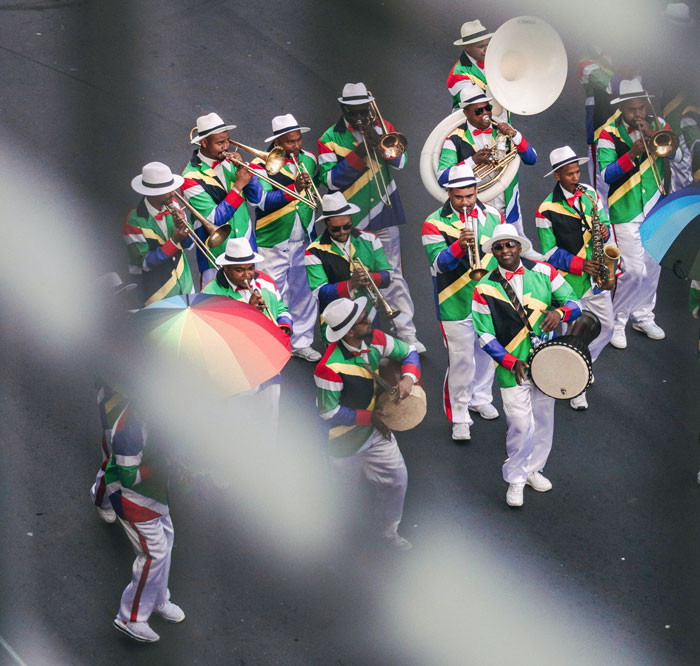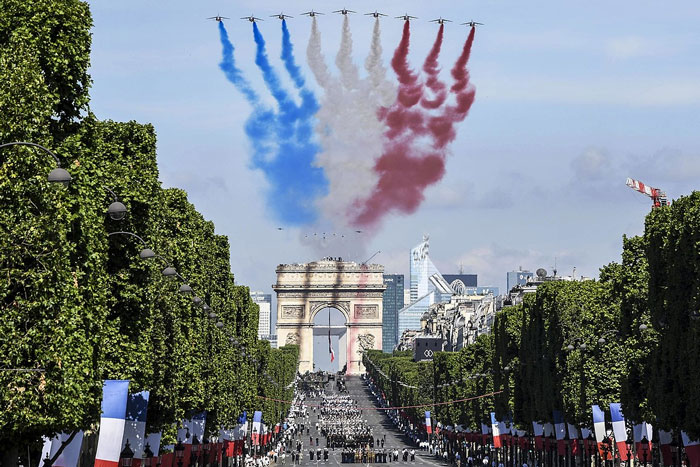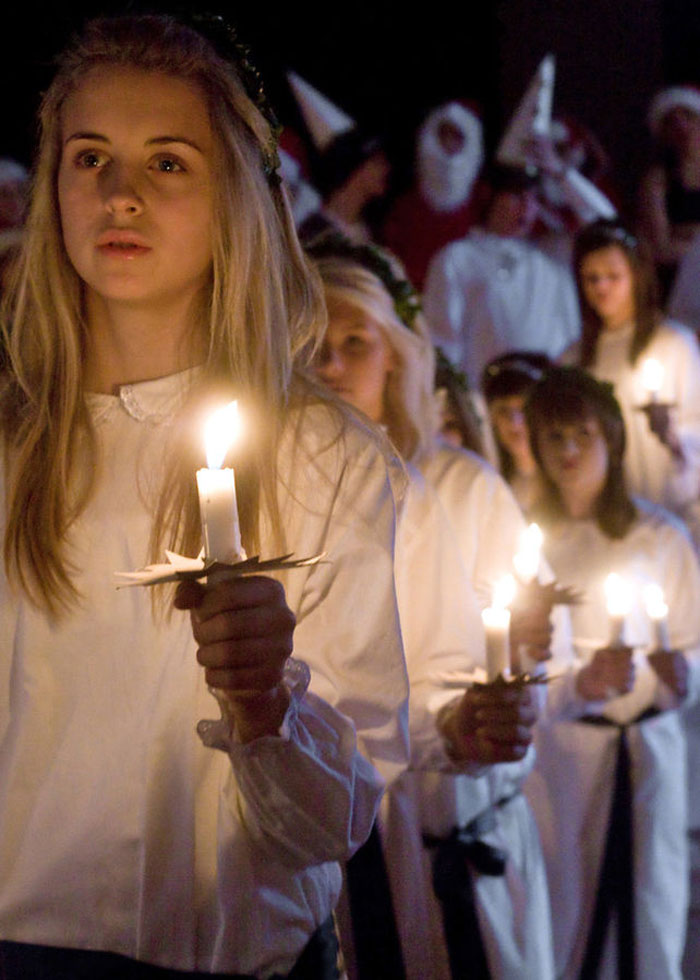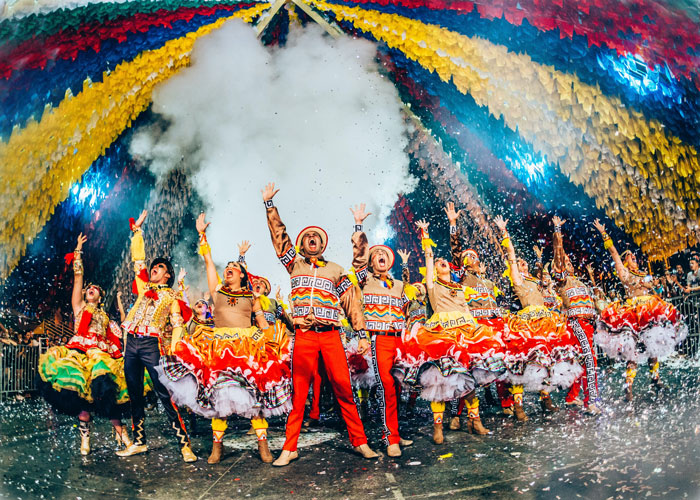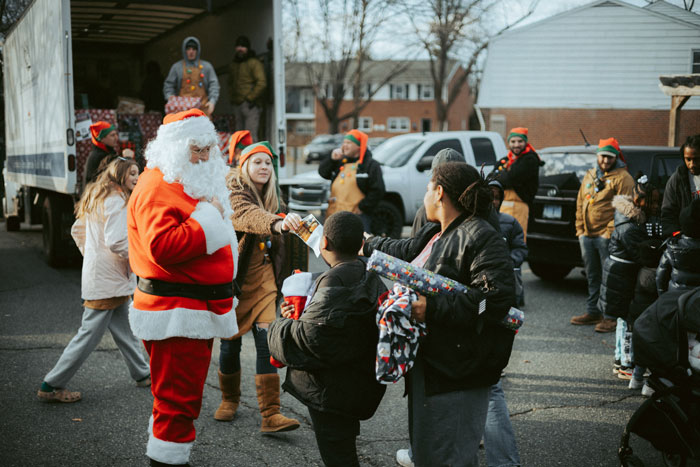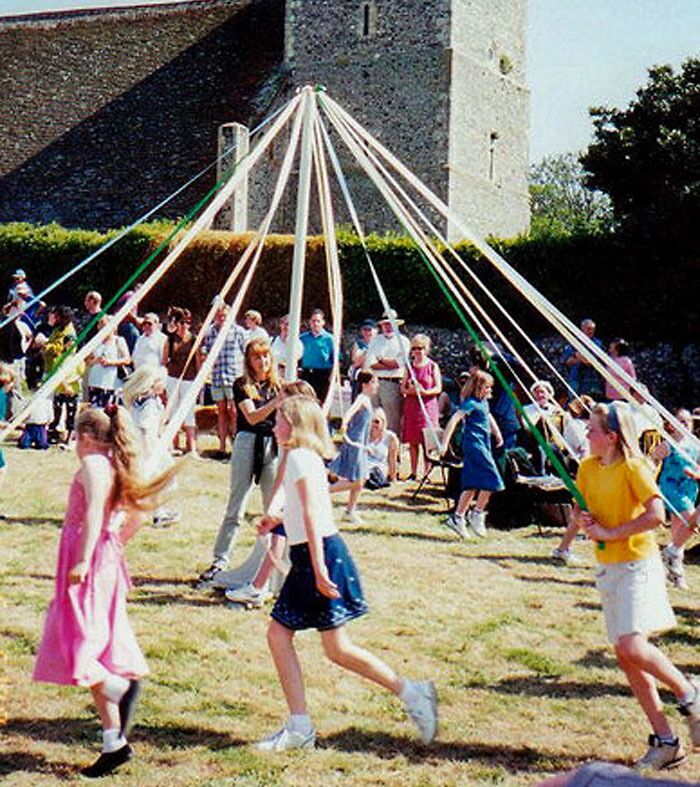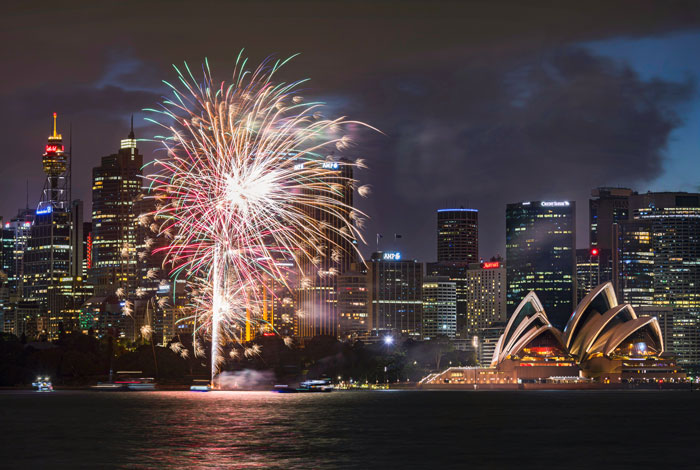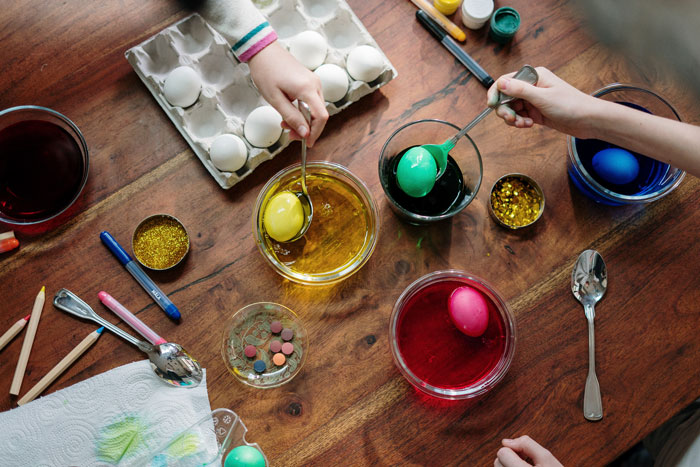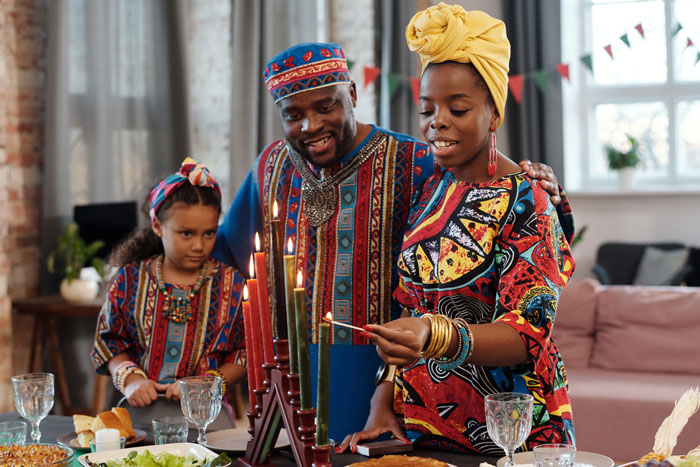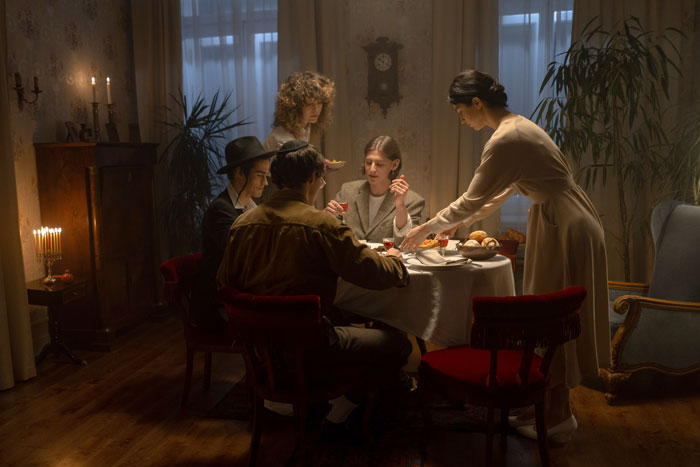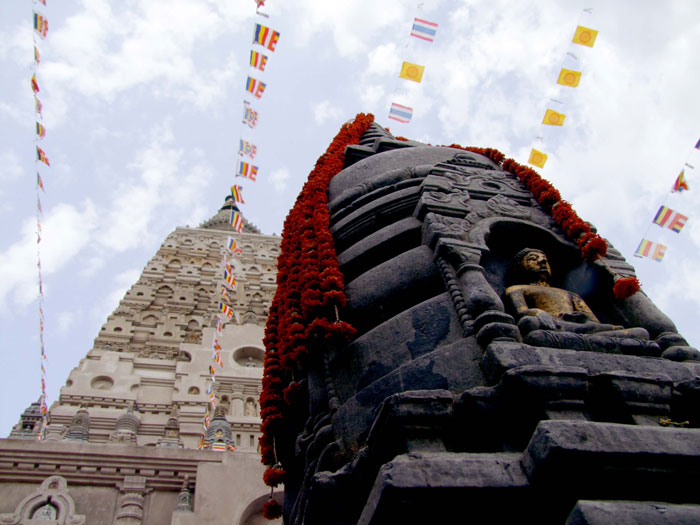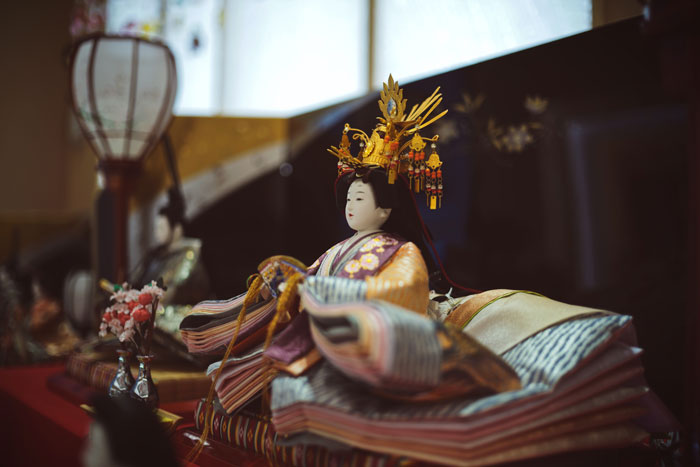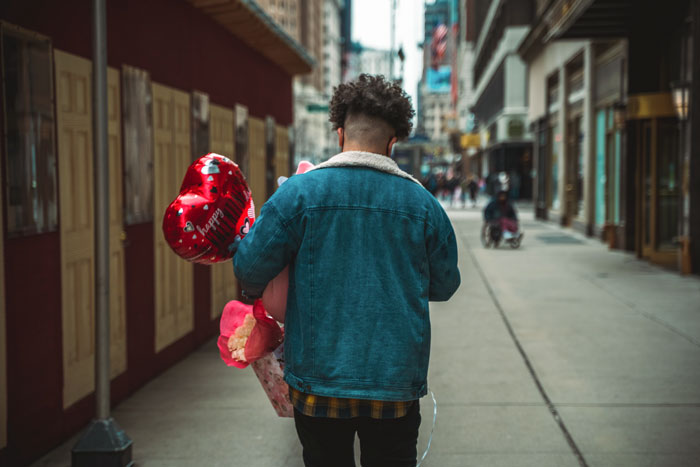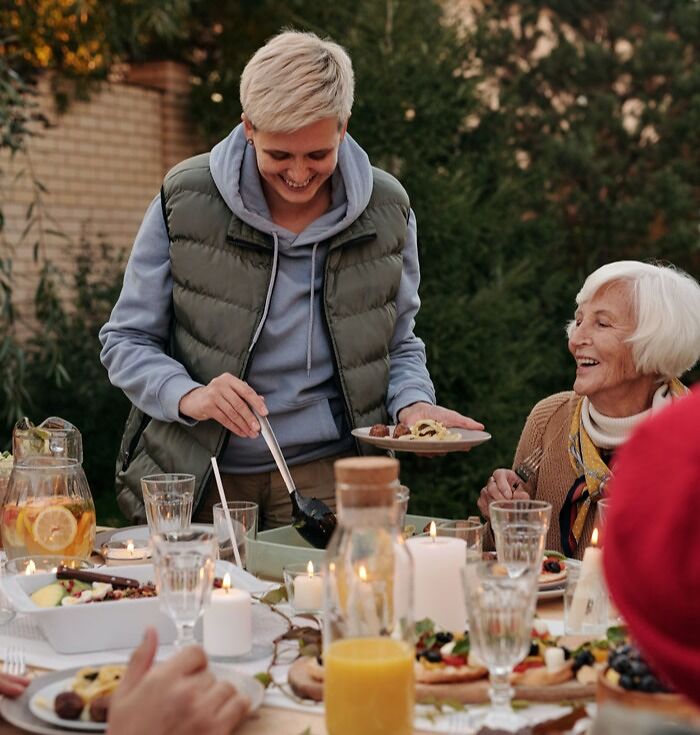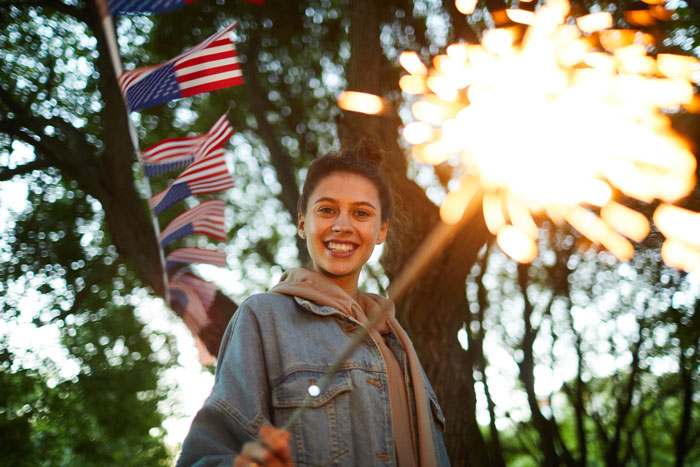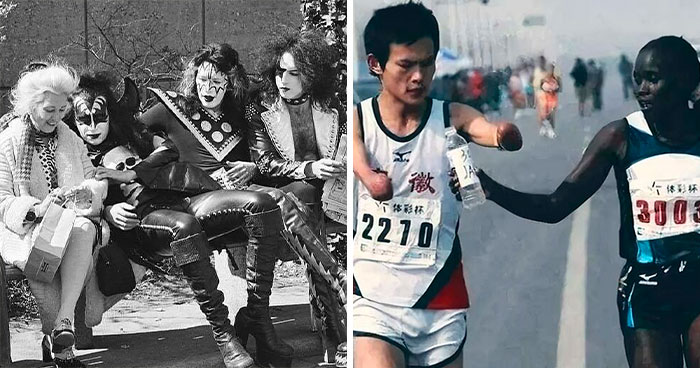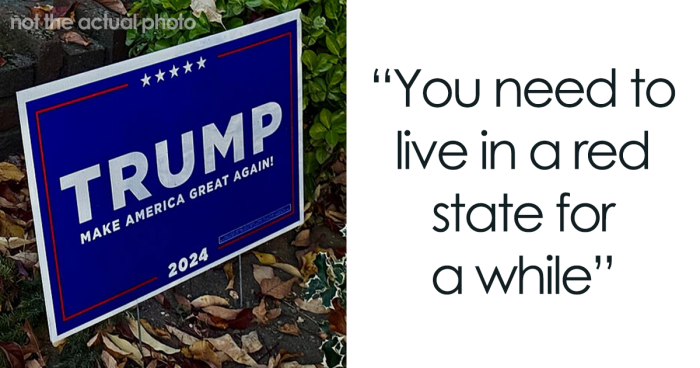Everybody loves a good holiday. Different holidays, celebrating different aspects of our lives, help us fulfill different sides of our personality. As citizens, we take pride in our national holidays and come together to celebrate the dates important to our country. Cultural holidays give us another opportunity to admire the depth and diversity of the traditions we have accumulated throughout history. Winter holidays are there to break the gloomy weather with colorful festivities and bring families together.
Learning about holiday celebrations in different countries is a great way to learn more about their culture, history, and values. You’ll be surprised to find out that despite how different we all are, there are still lots of things we share.
Some people might tell you they actually hate holidays and all the fuss around them, while the truth is they just don’t like the particular holiday in question or the way it is celebrated, but there surely is at least one holiday they enjoy.
For this article, we collected some of the most interesting holiday traditions from around the world. Have you ever participated in any of these celebrations? Tell us about your experience. Is there a cultural holiday where you live that’s either unique to your community or just your favorite one? We want to know all about it!
This post may include affiliate links.
Day Of The Dead (Mexico)
The Day of the Dead is celebrated on November 1st and 2nd, but since it is very important in Mexican culture, preparations start as early as October 31. Despite its solemn name, celebrations are full of color and joy. People pay respect to their deceased family members and friends but also celebrate life and give each other sweets as presents.
No the preparations start weeks in advance. You have to preorder Pan de Muertos
Holi (India And Nepal)
One of the most popular Hindu holidays, Holi is celebrated at the beginning of spring. It commemorates the victory of the god Vishnu over an evil Asura, as well as celebrates the eternal love of Radha Krishna. On this day, people take to the streets where they smear and drench passersby with colorful powder and water. No one is safe from the attack, and the entire city may turn into a playground. There is also lots of music, dancing, and festive food.
Up Helly Aa Fire Festival (Scotland)
Up Helly Aa is a series of festivals that take place all over the region of Shetland to celebrate the end of the Yule season, with the largest of them taking place on the last Tuesday of January in Lerwick. Initially, young men would carry barrels with flaming tar around the town on sleighs, but after it was forbidden for safety reasons, the tradition changed. Now Up Helly Aa is celebrated with a torch procession that ends in the burning of a Viking galley, thus paying respect to the region’s past.
Carnival Of Venice (Italy)
Legend has it that the Carnival of Venice started in 1162 when the citizens of Venice celebrated the victory of their Republic over the Patriarch of Aquileia. People gathered in St. Mark’s Square to dance. Celebrated during the carnival season and ending on Shrove Tuesday, the Carnival of Venice became world-famous for its intricate costumes and masks. In 1797 it was banned, sporadically reappearing in the 19th century, until in 1979 it was officially decided to reinstate the celebrations as one of the steps to preserve the culture and traditions of Venice.
Diwali Light Festival (India)
Diwali, or the festival of lights, is one of the largest religious festivals in Hinduism and is celebrated across many Indian communities between mid-October and mid-November. It symbolizes the victory of light over darkness and evil, and is associated with the goddess of prosperity, Lakshmi, and god of wisdom, Ganesha. Decorating your house with clay oil lamps, various lights, and colorful ornaments is an essential part of the holiday, as are fireworks and feasts with your family and friends.
Obon (Japan)
The Obon, or just Bon festival, is dedicated to paying respect to the spirits of deceased ancestors. On this day, Japanese people visit and clean the graves of their relatives. A common belief says that during the three days of celebration, the spirits come to the realm of the living. Paper lanterns are hung to guide them, and food offerings are made in temples. On the last day of the festival, lanterns are placed on water to guide the spirits away. Obon has three different dates according to region, with August 15 being the most common one.
Sun Party (Peru)
Inti Raymi, or Festival of Inti, has its origins in the Inca Empire. It celebrated god Inti (Quechua for “sun”) and marked the winter solstice in the Southern Hemisphere. It is celebrated on June 24th in Cusco. While originally it was a religious ceremony with colorful dances and processions, in the modern day, theatrical representations of the ceremony are conducted. Many indigenous cultures continue celebrating the holiday to date.
This is so cool. Their are many indigenous holidays similar to it but not as wide spreed
Pingxi Lantern Festival (Taiwan)
You will find almost as many origin stories for the Lantern Festival as there are actual lanterns in the sky on that night. The Pingxi festival is celebrated specifically in Taiwan and is said to go back to the days when the villagers of Pingxi had to hide from bandits in the mountains during winter. By releasing the lanterns into the sky, they signaled that it was safe for those hiding to come back. In modern times, on the fifteenth day of the first month of the lunar calendar when the festival takes place, people tie small pieces of paper with their wishes to lit lanterns and release them into the sky.
Midsummer (Sweden)
Though celebrated in many countries on June 24, Midsummer is a very important holiday in the Swedish tradition. It is a tribute to summer and the midpoint of the growing season and takes place on a Saturday between June 20th and 25th. One of the biggest traditions for this day is dancing around a maypole and decorating your house with greens for good luck. Another old tradition says that if a girl picks seven different flowers in silence on this day and places them under her pillow, at night she will dream of her future husband.
Ramadan And Eid Al-Fitr (Islamic Countries)
Although these are two different events in the calendar, they occur one after another and are closely related. Ramadan is a month-long fasting period during which Muslims all over the world pray and engage in deep reflection. Starting and ending with a new moon, the end of Ramadan is celebrated during Eid al-Fitr. People have sweets, give money to those in need, and have fun. Both holidays take place in spring, in the ninth month of the Islamic calendar.
Singles' Day (China)
A fairly modern holiday, it was started at the Nanjing University in China but soon became a nationwide tradition. Intended for single people to celebrate being single, it is observed on November 11, as it very appropriately spells 11/11. It is also a day of huge sales as retailers throughout the country encourage single people to celebrate by treating themselves to something nice.
National Sleepyhead Day (Finland)
Although this holiday has a Christian legend at its root, in Finland it is just a fun celebration. On July 27, if you are the last person in the house still sleeping, expect to be woken up by a bucket of water in your face. According to medieval tradition, people who sleep late on this day will be unproductive throughout the year, and that’s why it was perfectly fine to do whatever it took to wake them up. In the city of Naantali, a Finnish celebrity is selected each year to be thrown into the sea at the city’s port.
A better one from Finland would have been Vappu (May day). Vappu symbols the end of the school year and graduation but most importantly it’s a massive party. When you hit the streets during Vappu, it will be impossible to miss the groups of loud and happy students wearing colorful overalls full of different patches, drink in their hand and a white student cap on their heads.
La Tomatina (Spain)
La Tomatina may only be celebrated in one small town, but it is definitely very well known in the world. Every year, tens of thousands of tourists gather in the Spanish town of Buñol for a huge tomato fight. Even though it may look like total chaos, the festival does have some strict rules, mainly aimed at ensuring the safety of the participants. Interestingly, this tradition started from a real fight that was reenacted by a group of people the next year, before it turned into a public holiday.
St. Patrick’s Day (Ireland)
Probably the most well-known Irish holiday, St. Patrick’s Day is celebrated on March 17 and commemorates the patron saint of the country. It is observed by all Christian churches in the country as the date of the death of St. Patrick. On this day, people wear green clothes and have parties as well as public parades and festivals. You will also see many shamrocks everywhere. In the modern day, St. Patrick’s Day is also celebrated in Great Britain and in countries in North America that have large Irish diasporas.
Mardi Gras (Various Countries)
As the Christian world gets ready for a 40-day fast before Easter, Mardi Gras (in some countries also known as Pancake Day) gives people one last chance to indulge in fat-rich food and boisterous celebrations. In some places — New Orleans, Venice, and Rio being some of the most famous ones — Mardi Gras is celebrated with a colorful parade the entire city gets to partake in. Celebrations may occur any time between mid-February to early March.
Known as Fastnacht in German-speaking areas, this is huge in Switzerland. Basel, the second-largest city, actually celebrates it a week later than the normal date, due to its rejection some hundreds of years back to the Catholic-inspired Gregorian calendar change. Many city apartment building open their cellars up as makeshift bars which remain open, and in use, 24 hours a day for up to five days. Edit: spelling corrected, thx.
Oktoberfest (Germany)
Celebrated over the course of more than two weeks from mid-September to the first week of October in Munich, the capital of the German land of Bavaria, Oktoberfest is the largest Volkfest (holiday including alcohol and a traveling funfair) in the country. Apart from large quantities of local beer, which is the center point of the celebration, you will find lots of traditional food, parades, amusement rides, and different games. Thousands of tourists visit Munich every year to participate in the celebrations.
Dragon Boat Festival (China)
Celebrated on the fifth day of the fifth month of the lunar calendar (late May to early June), the Dragon Boat Festival is mostly known as a commemoration day for the Chinese poet and minister Qu Yuan. A citizen of the state of Chu, Qu Yuan opposed the alliance between his government and that of the state of Qin, for which he was exiled. When Qin captured the capital of Chu, Qu Yuan committed suicide by throwing himself into the Miluo River. Legend has it that the locals who admired him jumped into boats and raced to save him or at least retrieve his body, but failed. In the modern day, the race is also followed by performances.
Christmas (Various Countries)
For a long time, Christmas used to be a strictly religious holiday. Celebrated on December 25, it was the day Christians around the world celebrated the birth of Jesus Christ. While today it still remains a religious holiday, for many it is all about family, spending time together, and of course, presents and Santa Claus.
Actually it was a Pagan Holiday that was widely celebrated but it was different. And also Jesus was not born on Dec 25
Chinese New Year (Southeast Asia)
A more accurate name would probably be Lunar New Year, since it is celebrated in the lunar calendar. Usually occurring sometime between mid-January and mid-February, the Lunar New Year is a significant holiday not only in China but throughout most countries in Eastern Asia. Traditions may vary across different countries, but they all include visiting your family, having a dinner, usually with specific festive dishes, and wishing each other a prosperous year.
Koningsdag (The Netherlands)
If you like the color orange, definitely visit the Netherlands on Koningsdag (King’s Day). A relatively modern tradition, it was initially celebrated on August 31, the birthday of Queen Wilhelmina, and moved to the birthday of each subsequent monarch with the exception of Queen Beatrix, who kept observing her mother’s birthday. If the monarch on the throne happens to be a woman, the holiday is called the Koninginnedag (Queen’s Day). Since 2013, it has been observed on April 27 in honor of King Willem-Alexander. For common citizens, it is another opportunity to display their national color everywhere, from flags to face paint, and have lots of fun.
Songkran (Thailand)
Also known as the Thai New Year, celebrations for Songkran start on April 13 and last for three days. Its name is derived from a Sanskrit word meaning “astrological passage” and signifies the beginning of a new cycle. While every region in the country has its own customs to celebrate Songkran, the most famous are water games where participants, often total strangers, splash each other with water as a token of cleansing for the New Year.
Halloween (Various Countries)
The history of Halloween goes back in time, and there are various theories as to its origins. Today, it is mostly a day where children and adults alike can have lots of fun and lots of sweets. People decorate their houses with pumpkins and spooky decor and have costume parties, while kids, also dressed up in various costumes, go from door to door trick-or-treating on the evening of October 31.
It is an Irish holiday called Samhain to ward off demons. It has the same date as Halloween though
White Day (Japan)
When Valentine’s Day became popular in Japan in the 70s, it took a bit of a different turn. It was mainly women and girls who would give chocolate to men (expensive to your romantic interest or partner, cheaper to friends, colleagues, and other important people in your life). In 1978, a confectionary started to market marshmallows and later white chocolate to men to be gifted to women exactly one month later, on March 14. This is usually done as a reciprocation of the gift a man receives on Valentine’s Day. Today, gifts have expanded beyond sweets or having to be white, but the name, White Day, remains.
Heritage Day (South Africa)
Made up of different nations and ethnic groups, the population of South Africa has a very diverse culture. Heritage Day, celebrated on September 24, is the day of appreciation and preservation of all traditions and origins that make up the country. Many cultural events take place on that day around the country.
Bastille Day (France)
Although it is formally known as the French National Celebration, July 14 is often referred to as Bastille Day. It marks the day the fortress of Bastille was stormed and seized by the revolutionary crowd, turning the French Revolution in a new direction. Public ceremonies and celebrations are held on this day. One of them is a military parade, described as the oldest and largest in Europe.
New Year (Various Countries)
People have always been fascinated by new beginnings and the way, year after year, nature comes full circle. The first mention of a New Year’s celebration was recorded 4,000 years ago in ancient Babylon. Throughout history, the date for the new year to start has changed numerous times based on cultures and traditions. Today, even though some nations still celebrate their own versions of the New Year, no one misses the chance to have some fun on December 31, when the clock strikes twelve and the world officially enters a new cycle.
St. Lucia’s Day (Scandinavia)
Although St. Lucia’s Day is an all-Christian holiday, it is especially popular in Nordic countries. Celebrations vary in detail, but as a rule, a procession of girls dressed in white gowns and holding candles walks in the street on December 13, singing special songs dedicated to the early Christian martyr. The head girl who represents St. Lucia wears a candle crown on her head, as according to the legend, this is how Lucia walked in the catacombs to be able to carry as much food for the persecuted Christians as possible. Boys can also participate in the procession. In Sweden, a Lussekatt, or a saffron bun, is a common treat for the holiday.
I really liked walking lucia when i was in school ( we also used real candles ) i was always really jealous of the girl who got to walk in front of everyone else but i wasnt jealous that she had to wear a candle on her head and i didnt.
Festa Junina (Brazil)
Inspired by the European celebrations of Midsummer, Festa Junina (“festivities that occur in June”) has a similar meaning, but the difference is that for the biggest part of the country, located below the equator, it is the winter season. Celebrations include dressing in rural farm clothes and participating in various dances. It is also common to make a big bonfire.
Boxing Day (Various Countries)
Boxing Day originated in Great Britain and is celebrated in some countries that used to constitute the British Empire. Falling on December 26, the day after Christmas, it has several origin stories to its name. The most common one is that on this day, trade and service people as well as employees would get Christmas presents in a box from their employers or the rich in the community. In some other European countries, this day is celebrated as St. Stephen’s Day.
Early May Bank Holiday (England)
There are a number of holidays in Great Britain and the Republic of Ireland when not only businesses but also banks are closed. One such holiday is celebrated on the first Monday of May and is called the Early May Bank Holiday. Traditional celebrations included dancing at a maypole decorated with colorful ribbons.
Australia Day (Australia)
Celebrated on January 26 and called Australia Day, this holiday commemorates the settlement of the first British colony on the continent and the making of modern Australian society. Today this holiday is aimed at celebrating the diversity of the nation and includes various cultural events.
A large proportion of the country wants to change the date because of the negative feelings it has brings to the Aboriginal population. We have been promised a referendum is coming soon.
Easter (Various Countries)
Easter is one of the major holidays in Christianity that celebrates the resurrection of Jesus Christ on the third day after his crucifixion. The date may vary, but it always takes place in spring, after Lent, which is a 40-day-long fast. Common Easter traditions include dying eggs and giving each other sweets.
Kwanzaa (United States)
In 1966, the American activist of African American descent Maulana Karenga created the holiday of Kwanzaa as a way for the black community to have a celebration that would be centered around their culture and traditions. He was inspired by various first fruits festivals that exist in Southern Africa. The name of the holiday came from a Swahili phrase that translates as “first fruits.” Celebrations, which often include children, last from December 26 to January 1 and end with a communal feast.
Hanukkah (Israel)
Celebrated for eight days between late November to late December, Hanukkah commemorates the recovery of Jerusalem and the rededication of the Second Temple. A well-known symbol of Hanukkah is a nine-candle candelabra, or menorah, where the center candle is used to light one additional candle every night of the celebration, until all eight are lit. Festivities include singing, playing games, and having special dishes. This holiday is very popular among the Jewish diaspora worldwide.
All the special dishes are foods fried in olive oil. The premise of the holiday is that, when the Jewish people regained control of our country from the invading Syrian Greek army in 165 BCE, there was only enough oil to light the lamps in the Holy Temple for 1 day. But miraculously it lasted for 8 days, so that all the restoration work could be completed.
Bodhi Day (Buddhist Countries)
In the different branches of Buddhism, there are different variations of what exactly happened on this day, but they all agree that this is when Buddha (back then still called Siddhartha) became enlightened while sitting under a fig tree. In some countries, it is observed on December 8 every year; in others, the date is floating, based on the lunar calendar.
Hina Matsuri (Japan)
This holiday is also sometimes referred to as Dolls’ Day or Girls’ Day. It might not be obvious, but Hinamatsuri is, in fact, a religious holiday that used to be celebrated on the third day of the third month of the lunar calendar, but in modern times was fixed to March 3. On this day, girls and their mothers prepare a special display with dolls: two main dolls, often referred to as the Emperor and the Empress, are obligatory, while the rest of their court is optional and usually depends on the family’s budget. Girls usually have parties with friends on this day with some festive food.
Tu Bishvat (Israel)
Also known as the New Year of the Trees in the Jewish tradition, Tu Bishvat is celebrated on the 15th of the month of Shevat (which occurs in January–February). While certain religious traditions are observed on this day, the most common things to do are to plant trees and eat fruit. In modern society, it is also dedicated to spreading awareness of ecological and environmental issues.
I think it should be noted that planting trees *is* the central religious tradition of this holiday, and Tu B`shvat is commonly referred to as the birthday of trees. Jews all around the world plant trees and other plants on this day, and many conduct special seder meals that elaborate on the merits of caring for trees, the ways in which our lives are intertwined with trees, etc. Even though it is not mentioned in the Bible, Jews began celebrating this environmental holiday around 200 BCE.
Valentine’s Day (Various Countries)
St. Valentine’s Day may be the sweetest holiday for anyone in love, but the story behind it is rather grim. The holiday takes its name from a Christian saint who lived in the 3rd century. Martyred for his beliefs, he was later pronounced the patron saint of lovers. The tradition to celebrate St. Valentine’s Day on February 14 started in the West, but today it exists as a non-religious holiday in many other countries.
He was Märtyrer because he performerd weddings for Roman soldiers. Soldiers where mit allowed to marry. That's the reason why He became the Patron Saint of lovers.
Thanksgiving (United States)
While other countries may also have holidays that are similar in essence, in the United States, Thanksgiving is one of the most important national holidays held on the fourth Thursday of November. It is believed that the tradition was started by the early Pilgrims who shared a feast with the Wampanoag people after gathering their first harvest in the new land. In 1863 Abraham Lincoln proclaimed Thanksgiving a national holiday.
Ah yes lets celebrate mass murder of the Native Americans which lost a lot of their heritage because of this.
Independence Day (United States)
On July 4, 1776, the Declaration of Independence was signed, proclaiming that the Thirteen Colonies had become independent of British rule. It later became a representation of the American identity and one of the favorite holidays of the nation. It is celebrated with fireworks, barbecues with friends and family, and, of course, displays of the red, white, and blue of the American flag.
American Independence Day is only celebrated in the US, but many other countries celebrate their own Independence Days.
Load More Replies..." The colourful carnival of Dunkirk takes place from January to March. The event attracts an estimated 40,000 dressed-up revellers marching, dancing and singing on the town’s streets. The Dunkirk Carnival is often described as France’s oddest and maddest carnival. " carnival-6...f83b5b.jpg 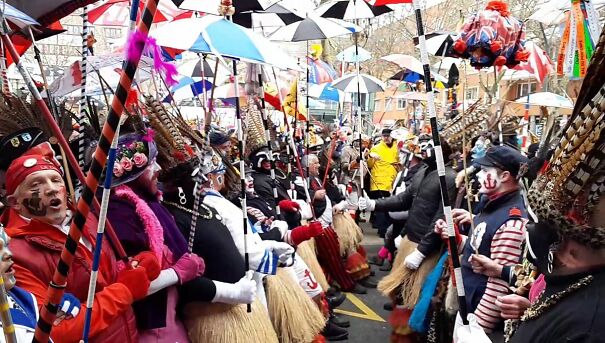
" The colourful carnival of Dunkirk takes place from January to March. The event attracts an estimated 40,000 dressed-up revellers marching, dancing and singing on the town’s streets. The Dunkirk Carnival is often described as France’s oddest and maddest carnival. " carnival-6...f83b5b.jpg 

 Dark Mode
Dark Mode 

 No fees, cancel anytime
No fees, cancel anytime 


